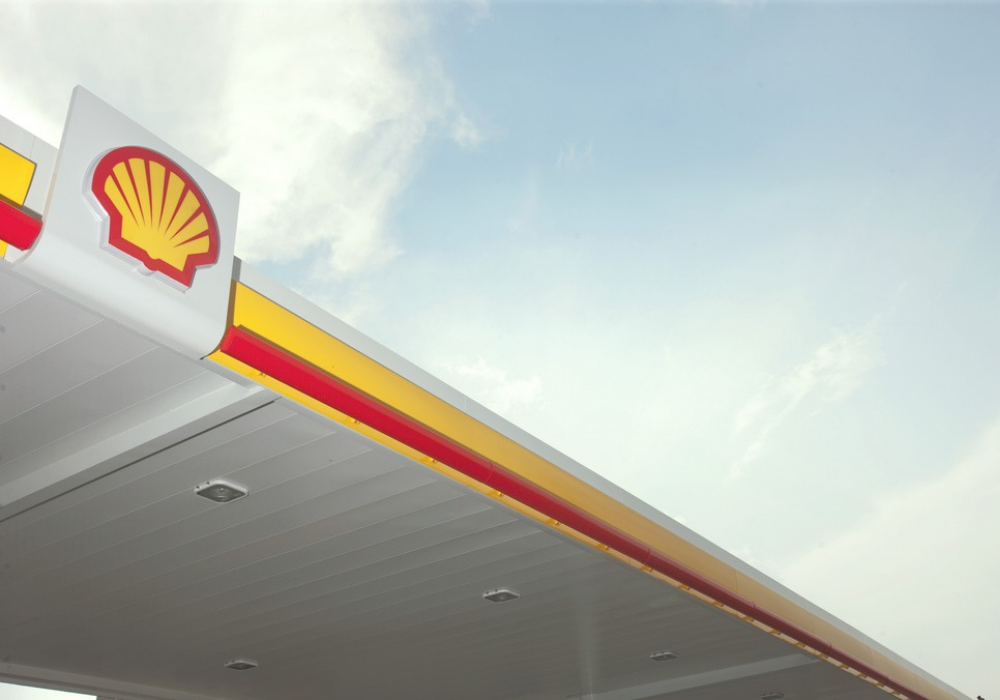
Royal Dutch Shell is set to take a further $4.5bn writedown following the effects of the pandemic on major oil producers this year.
In a statement released today (21 December), the Anglo-Dutch oil giant said the latest charges relate to an oilfield asset in the Gulf of Mexico, a refinery closure and onerous liquefied natural gas (LNG) contracts.
Its fourth quarter update announcement adds to the roughly $18bn in writedowns that Shell has already disclosed this year, as a result of the financial disruption caused by the pandemic and the longer-term impact of low-carbon energy transitions on fossil fuel businesses.
The firm also confirmed it has agreed to sell a 26.25% stake in its fully-owned Queensland Curtis LNG (QCLNG) Common Facilities to infrastructure fund manager Global Infrastructure Partners Australia (GIP Australia) for $2.5bn.
The oil major’s shares, which had already fallen more than 40% in 2020, dropped by a further 4% in early afternoon trading today on the London Stock Exchange, according to the Financial Times.
Shell’s expected fourth quarter results
In its fourth quarter update, Shell said integrated gas production is expected to be between 900 and 940 thousand barrels of oil equivalent per day. But, despite increased production compared with the third quarter 2020, the earnings impact is set to be “limited” due to production sharing contracts (PSC) effects.
It added that LNG liquefaction volumes are anticipated to be between 8 and 8.6 million tonnes across Q4.
As for upstream, its adjusted earnings are expected to show a loss in the current price environment, according to the oil major.
It added that production is expected to be between 2,275 and 2,350 thousand barrels of oil equivalent per day, reflecting “hurricane impacts” in the US Gulf of Mexico and the effect of “mild weather” in Northern Europe in the first half of the quarter.
Shell said its refinery utilisation is anticipated to be between 72% and 76%, while realised gross refining margins are expected to be “slightly improved” compared with the third quarter 2020.
Sales volumes for its oil products are expected to be between 4,000 and 5,000 thousand barrels per day.
Shell confirmed it will announce its fourth-quarter results in full on 11 February, just days before chief executive Ben van Beurden will update shareholders on its strategy for the energy transition.
The company already revealed plans in September to cut up to 9,000 jobs as part of a major restructuring effort tied to its aim of being a net-zero energy company by 2050.
The measure – which affects around 10% of the oil major’s workforce – is designed to remove “organisational complexity” from the business and achieve annual operational cost reductions of up to $2.5bn.
Shell increased dividend in bid to boost investor confidence
In October, Shell announced a dividend increase in a bid to boost investor confidence amid the low-carbon restructuring and coronavirus turmoil.
Just six months previously, the firm cut its dividend – historically one of the biggest payouts to shareholders among FTSE 100 companies – by two-thirds, reducing the return for the first time since the Second World War.
But it said steps taken since then have “significantly strengthened its financial resilience”, allowing it to accelerate strategic plans and provide clarity on cash priorities.
Its third-quarter dividend increased by 4% to 16.65 cents per share. That compares to 47 cents per share prior to the cut earlier in the year.



